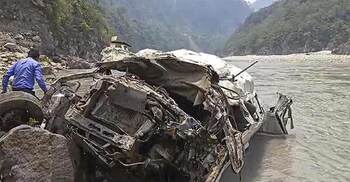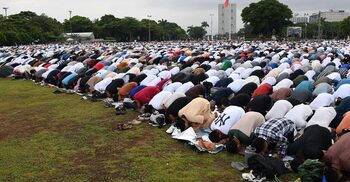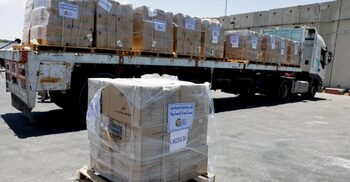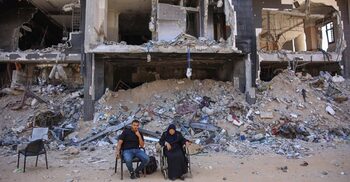19 Hajj pilgrims die in Saudi Arabia as temperatures rise
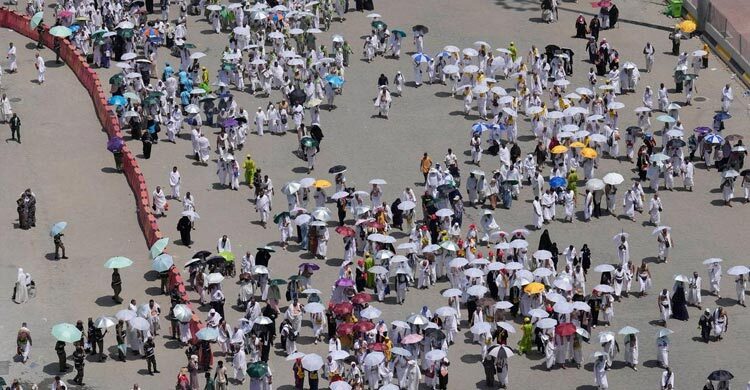
At least 14 Jordanian pilgrims died from heatstroke during the Hajj pilgrimage in Saudi Arabia, Jordan's Foreign Ministry said in a statement.
Another "five Iranian pilgrims have lost their lives so far in Mecca and Medina during the Hajj this year," the Iranian Red Crescent said, but did not provide details on the causes.
News of the deaths come as pilgrims perform the last major ritual of the Hajj, the symbolic "stoning of the devil," in western Saudi Arabia and as Muslims worldwide celebrate Eid al-Adha, reports AFP.
Temperatures head for 47 degrees Celsius
Jordan's Foreign Ministry confirmed its 14 citizens had died "after suffering sunstroke due to the extreme heat wave."
The Hajj takes place during the hot Saudi Arabia summer.
Temperatures have pushed well past 40 degrees Celsius (104 degrees Fahrenheit) and were predicted to reach 47 C on Monday.
Many rituals are conducted outdoors and on foot, posing challenges, especially for older people.
Saudi Arabia has set up climate-controlled areas, and officials have been distributing water and advising pilgrims to protect themselves from the sun. It also deployed military medical units specifically treating heatstroke and established rapid response teams.
More than 10,000 heat-related illnesses were recorded last year, a Saudi official told the AFP news agency.
Hajj pilgrims symbolically stone devil
The Hajj is one of the biggest religious gatherings in the world, and more than 1.8 million people are participating in it this year, according to the Saudi General Authority for Statistics.
As one of the "five pillars of Islam," all Muslims with the means and health to participate in the pilgrimage in the holy city of Mecca are expected to do so at least once.
Saudi authorities have massively upgraded the infrastructure over the past few years to deal with the number of people. A quota system limiting visitors to Mecca is also in place.
The riskiest part of the annual pilgrimage is the "stoning of the devil" ritual on Sunday, where large numbers of people gather to participate.
The ritual marks the first day of Eid al-Adha, or the feast of sacrifice, which is celebrated by Muslims worldwide.
The Hajj ends on Wednesday.


